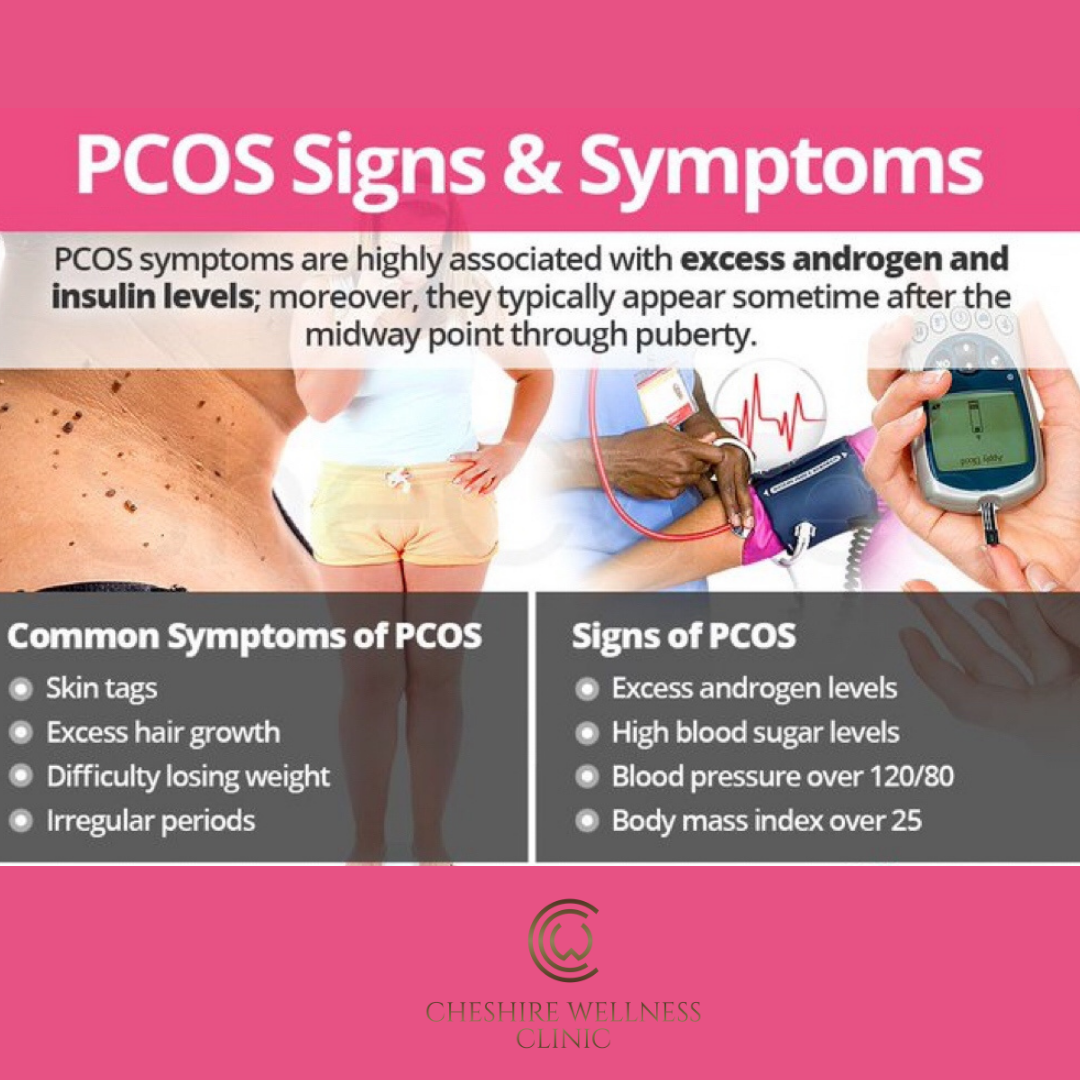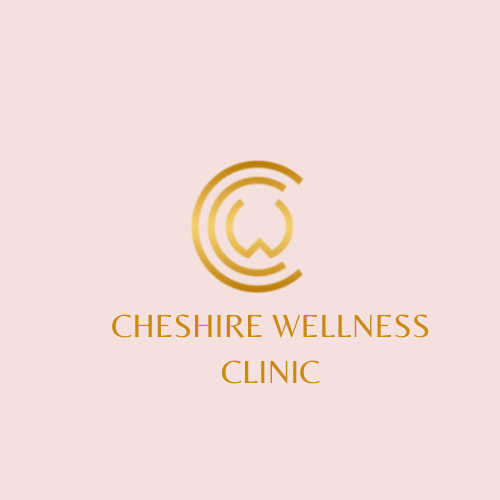
Polycystic ovarian syndrome (PCOS) is the most common endocrine dysfunction of reproductive-aged women (ages 15 to 44).
It is a hormonal problem that affects over 15% of young women, with adverse effects persisting far into the menopause years.
Genes, insulin resistance and inflammation have all been linked to excess androgen production.
What is PCOS?
Polycystic Ovarian Syndrome. Yes, I realise that you’ve probably already done your homework; however, it’s important to get a clear understanding of the full reality in a simple manner:
- PCOS affects between 10 – 20% of women and is increasing in prevalence every year.
- PCOS refers to multiple cysts on the ovaries and a host of other problems that go along with them, including anovulation (lack of ovulation) and menstrual abnormalities, hirsutism (facial hair), male pattern baldness, acne, and often obesity.
- Such women may also have varying degrees of insulin resistance and an increased incidence of Type II diabetes, unfavourable lipid patterns (usually high triglycerides), and a low bone density. Laboratory tests often show higher than normal circulating androgens, especially testosterone.
- PCOS occurs when a woman doesn’t ovulate, which causes a disruption in the normal, cyclical interrelationship among her hormones, brain and ovaries. Normally, the hypothalamus, a regulatory centre in the brain, monitors the hormone output of the ovaries and synchronizes the normal menstrual cycle.
Signs and Symptoms of PCOS
- Irregular menstrual cycles
- Absent period
- Anovulatory cycles
- Abnormal mid-cycle bleeding
- Excessive or heavy menstrual bleeding
- Alopecia (balding)
- Hirsutism (excessive body hair)
- Acne
- Acanthosis nigricans – a darkening of the skin in the armpits, back of the neck, or groin
- Polycystic ovaries
- History of ovarian cysts
- Mood disorders
- Obesity
- Recurrent Miscarriage
It’s not easy, but it’s not that hard either. It involves a combination of diet, lifestyle, specific exercises, stress release and balancing the endocrine imbalance – which is at the core of the development of PCOS in the first place.
Above all, it will reduce your PCOS symptoms at worst; and improve the condition in the best scenario. We provide the outline and the tools. You provide the willpower and motivation.
Contact us today to discuss a treatment plan if you are experiencing PCOS.

Cheshire Wellness Clinic is an integrative approach to skin health, combining whole foods based nutrition and lifestyle practices with natural skin care products and non invasive aesthetic treatments.
AESTHETICS
Eyelash Extensions
